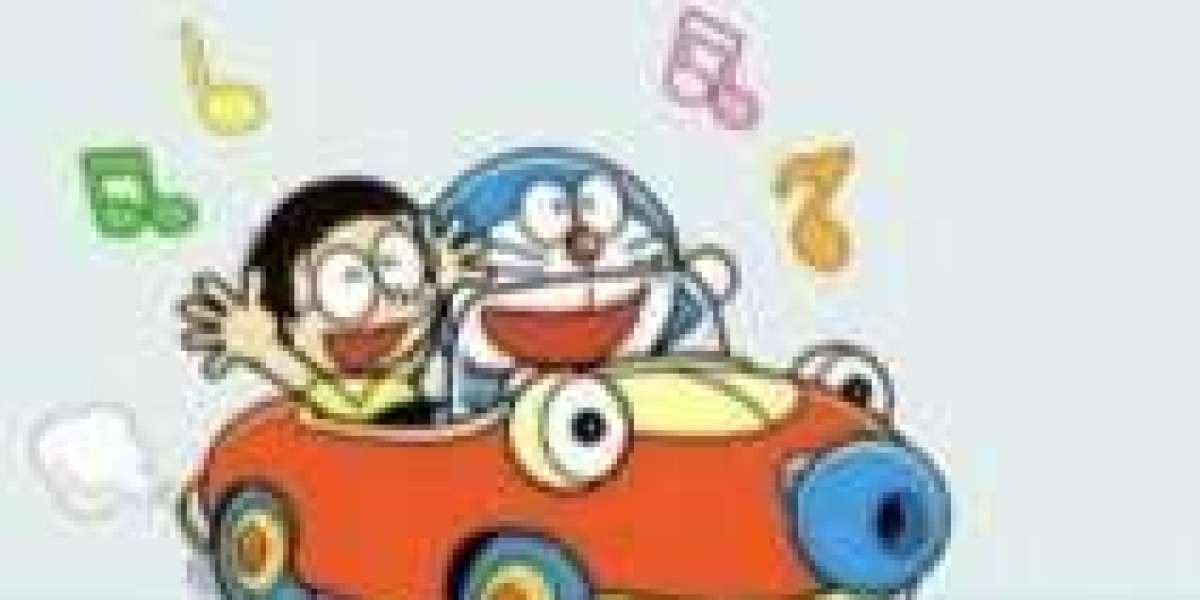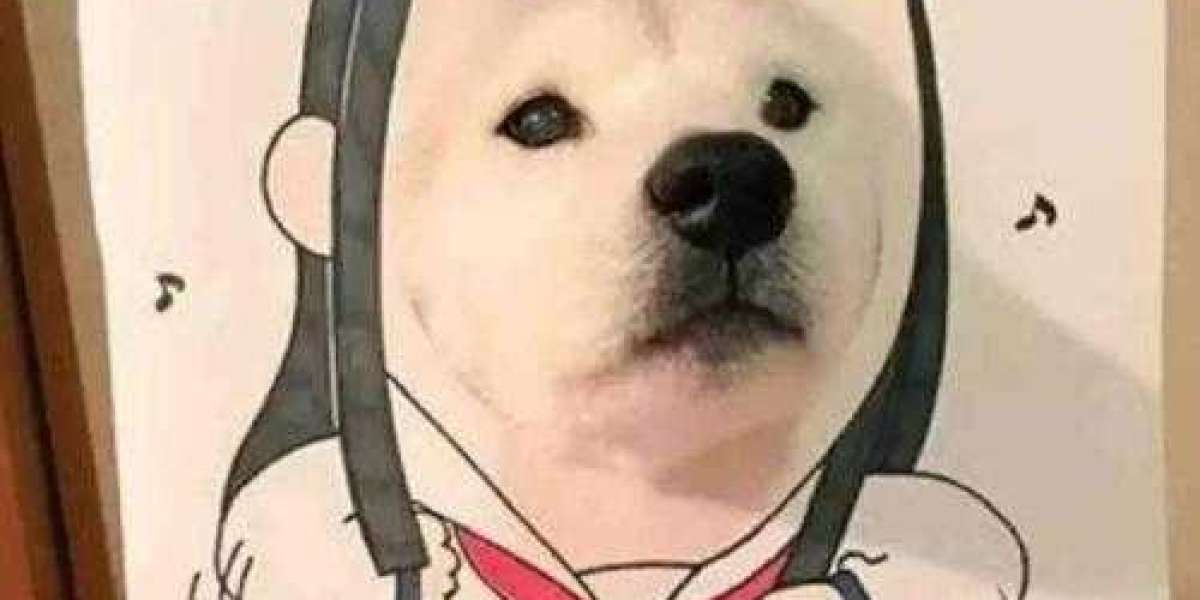But before I tell you about my research on eating, shopping, love, money, procrastination, beer, honesty, and other areas of life — which is odd, universally useful, and eye-catching (and sometimes funny) — I think I should first tell you about my alternative world view, which is why I wrote this book. Unfortunately, what brought me into this field was an accident many years ago that was neither fun nor interesting. It should have been a normal Friday afternoon in the life of an 18-year-old Israeli teenager. However, the weather is unpredictable, disasters fall from the sky, in just a few seconds, everything has changed irreversibly. A large magnesium lamp (the kind used for lighting on the battlefield) exploded, causing me to suffer third-degree burns over 70% of my body. For the next three years,shuttle rack system, I was forced to live in a hospital, covered in bandages. Later, he occasionally appeared in public, wearing special synthetic fiber tights and masks, looking like a poorly dressed Spider-Man. Feeling that I had been cut off from society by my inability to participate in daily activities as friends and family, I began to observe,automated warehouse systems, like a bystander, the kinds of behaviors that once made up my daily activities. Like a person from a different culture (or planet), I began to reflect on the purpose of different actions, both mine and others. For example, I was trying to figure out why I loved one girl and not another, why my daily schedule was based on my doctor's comfort level and not mine, why I liked rock climbing and didn't like studying history, and why I used to care a lot about what people thought of me, but mostly I was thinking about what drives people's behavior in life. During the three years I was in hospital, I experienced all kinds of pain. In between physiotherapy and surgery, I have a lot of time to reflect. In these long years, the greatest suffering of each day always comes to an end with the end of the "immersion treatment". Soak treatment is to soak the whole body in a disinfectant solution once a day, High Density Storage Drive In Rack ,teardrop pallet racking, then remove the bandage and scrape off the necrotic tissue on the skin. When the skin is intact, the contact with disinfectant will only be slightly painful, and the bandage can generally be removed smoothly. But if there is only a little skin left or no skin at all, like my severe burns, bandages stick directly to the flesh, and the stimulation of disinfectant, the pain of tearing the heart and lungs is beyond words. Earlier in the burn department, I talked to the nurses who give me "immersion therapy" every day to learn about their methods and steps of treatment. The nurses followed the usual method of lifting a bandage and tearing it off quickly to keep my pain as short as possible. So one by one, it takes about an hour to remove all the bandages. After that, he applied a layer of ointment on his body, put on a new bandage, and the next day everything was the same. I soon learned that the nurses were doing this on the theory that a quick and forceful removal of the bandage would indeed cause the patient instant and severe pain, but it was better than a slow removal, because although the pain would be reduced, the patient's pain would be prolonged and the patient's pain would increase in general. The nurses also concluded that there was no difference between starting with the most painful part first and then working to the less painful part, and starting with the least painful part first and then working to the most painful part. As I suffered from the pain of the bandage removal process, I could not agree with their theory (their theory and practice had never been tested scientifically). Moreover, their theory does not consider the patient's point of view at all: the patient's inner fear in the process of waiting for treatment, the difficulty of dealing with different degrees of pain for a long time, the patient's ignorance of when the pain will begin and when it will decrease, and after a long period of pain, no one reminds him when the pain will decrease and disappear, so as to be comforted. In my helpless position at that time, I was helpless in all this. As soon as I got out of the hospital (though I had to go back for surgery and treatment for the next five years), I went to Tel Aviv University. One of the courses I took in the first semester profoundly changed the way I looked at research and, to a large extent, determined my future. This is Hanan? Professor Frenk's Human Brain Physiology 。 In addition to the fascinating lecture materials on human brain activity presented by Professor Frenk in class, what impressed me most was his attitude towards questioning and different opinions. Many times when I put forward my different interpretations of his research conclusions in class or in his office, he always answered that my argument was indeed a possibility (it did not seem to be true, but it was a possibility after all), and asked me to use experimental methods to find out the differences between it and traditional theories. But science is a series of painstaking experiments, and the belief that all participants, including college freshmen like me, can find alternative theories if they find experimental methods to test them, has opened up a new world for me. Once I went to Professor Frenk's office and put forward a theory about how epilepsy develops at a certain stage, including the idea of how to test it on mice. Professor Frenk was very supportive of this idea, and over the next three months I operated on about 50 mice, implanting catheters in their spinal cords and injecting different substances to increase or decrease the seizure rate. I had a practical difficulty in doing this experiment-it was very difficult to operate on mice because of the limitation of hand movement due to burns. Fortunately,warehouse storage racks, my best friend, Yung? Wiesberg (Staunch vegetarian and animal lover)-grudgingly agreed to spend a few weekends with me in the lab to help me with the surgery-if there's anything that can really test friendship, this is it. kingmoreracking.com
Search
Popular Posts
-
 Popular Science of Equipment-Types and Working Principles of Pile Drivers (Hot Spots) _ Construction
By Hyland
Popular Science of Equipment-Types and Working Principles of Pile Drivers (Hot Spots) _ Construction
By Hyland -
 A heavy body
By Beverly63
A heavy body
By Beverly63 -
 Military Marriage "Reborn Military Marriage Jiang Shao's Unrestrained Wife" txt Complete Works
By Cottman85
Military Marriage "Reborn Military Marriage Jiang Shao's Unrestrained Wife" txt Complete Works
By Cottman85 -
 2021 New Nike Dunk High WMNS "Aluminum" DD1869-107 You need a pair!
By Liza Zuwita
2021 New Nike Dunk High WMNS "Aluminum" DD1869-107 You need a pair!
By Liza Zuwita -
 The Otherworldly Evil Emperor _Wind Over the World_txt Novel Heaven
By Cottman85
The Otherworldly Evil Emperor _Wind Over the World_txt Novel Heaven
By Cottman85



